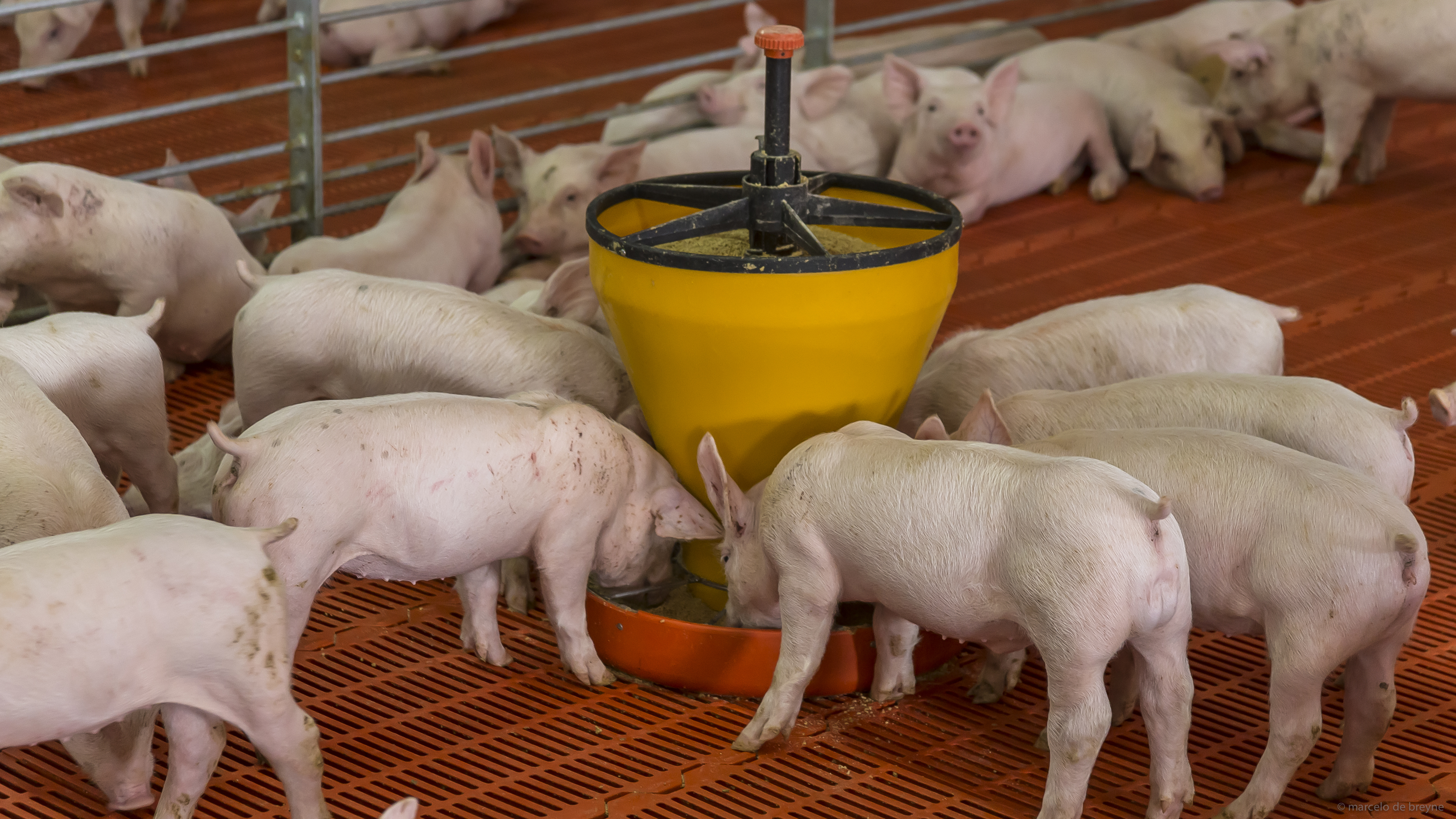



Brazilian pork producers hit by spike in corn prices
The high cost of corn is impacting Brazilian pig and poultry production as the primary feed ingredient sees a market spike.A Reuters report indicated that Brazilian pork and poultry processors, who have benefited from strong exports to China amid the African swine fever outbreak, are starting to feel the pinch now as prices soar for corn, the main ingredient in animal feed.
Brazilian corn prices rose sharply in recent weeks despite projections for a record harvest above 100 million tonnes. The rally tracked benchmark corn futures in Chicago, which have been boosted by heavy rains hurting the new US crop.
Corn futures on the Sao Paulo exchange gained 25 percent since mid-May, while prices in Brazil's physical market gained some 15 percent, according to the Esalq/Cepea index.
The price spike has drawn comparisons to a corn supply squeeze in 2016, when a drought in Brazil hurt the local crop, driving up costs for meatpacking giants such as BRF SA and JBS SA.

BRF blamed surging corn prices that year for an annual loss of 372 million reais ($95 million), but the company said it is watching carefully this time to avoid getting squeezed.
"We already have corn purchasing deals for the next 12 months," said BRF, the world's largest chicken exporter.
JBS, which controls Seara, another large pork and poultry player in Brazil, declined to comment.
The higher corn cost would limit profit margins for the companies at a moment when pork exports, for example, are 40 percent up due to strong demand from China.
Antônio Barreto, an food industry analyst at broker Itaú BBA, said that based on recent exchanges he had with companies recently it appears they do not have a big enough corn position.
"Some people were caught off guard by the rise in corn prices," said Thiago Bernardino de Carvalho, a meat industry analyst at the University of Sao Paulo's Esalq/Cepea think-tank.
Carvalho said meatpackers in general have adequate knowledge of market protection mechanisms, but since most projections were indicating a large second corn crop in Brazil this year some of them might not have all the supply contracts they need.
Despite the large domestic corn crop, the price rise in Chicago made Brazilian corn very competitive in the global market, fuelling exports that will reduce local supplies.
Corn exports are expected to be record in 2019, possibly above 32 million tonnes, according to cereal exporters association Anec.
($1 = 3.8964 reais)








